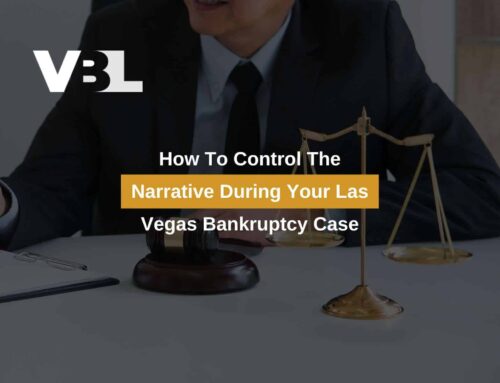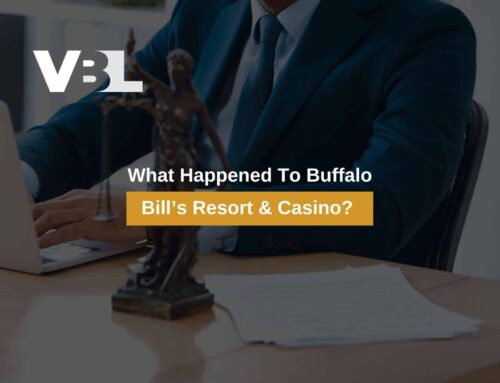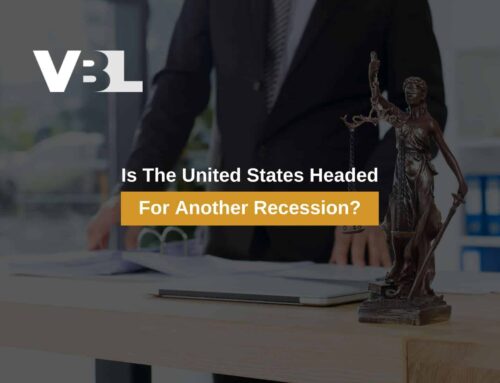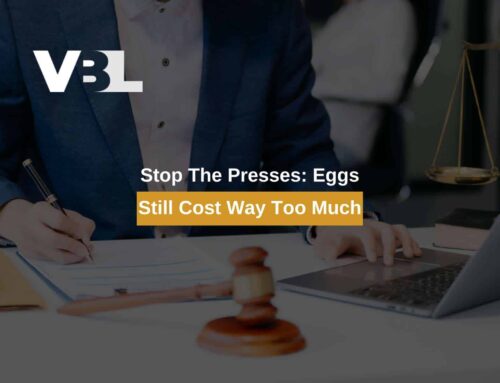Former Raiders Coach Resolves Complex Bankruptcy Case
People with substantial wealth and notoriety can end up filing for bankruptcy just like any other person with debt. The latest example of this is former Las Vegas Raiders head coach Antonio Pierce, along with his wife Jocelyn. The start of their financial issues began in the 2010’s, when Pierce began investing in car dealerships. These dealerships eventually defaulted on their loans, causing creditors to pursue Pierce for repayment. This includes a $4.5 million judgment from Hyundai Capital America and a $23 million judgment from Nissan Motor Acceptance Corporation. Jocelyn Pierce filed for bankruptcy in Arizona in 2024 when creditors began taking action, attempting to garnish Antonio’s wages.
Through the bankruptcy, it was determined that the Pierces had approximately $9.2 million in assets as a married couple- a highly significant number for most couples, but nowhere near the total balance owed to their creditors. The case was dismissed on April 29, 2025, but was formally closed on May 30, 2025, due to agreements reached with their creditors. The Pierces attended mediation with their creditors, agreeing to pay $7.2 million to settle their debts. This will be paid in installments of $130,000 starting June 30, 2025. Their one home in Arizona and three properties in California will serve as collateral for this payment plan.
A man can be worth millions of dollars and have many Las Vegas men’s dream job- head football coach- and still file for bankruptcy. Even reasonable investments, like car dealerships, can go south, putting a debtor’s assets at risk of collection by their creditors. Bankruptcy can buy a debtor time to sort out their finances, and possibly clear the debt that the creditor is pursuing in the first place. But filing for bankruptcy without skilled legal counsel doesn’t historically work out well for bankruptcy debtors, increasing the risk of dismissals, delays, and other consequences that make bankruptcy more stressful than it needs to be. Our Las Vegas bankruptcy team offers flexible payment options for reputable service clearing debts and fighting back against creditors. Learn more about how you can improve your situation by declaring bankruptcy in Las Vegas today with your free phoen consultation at 702-370-0155.
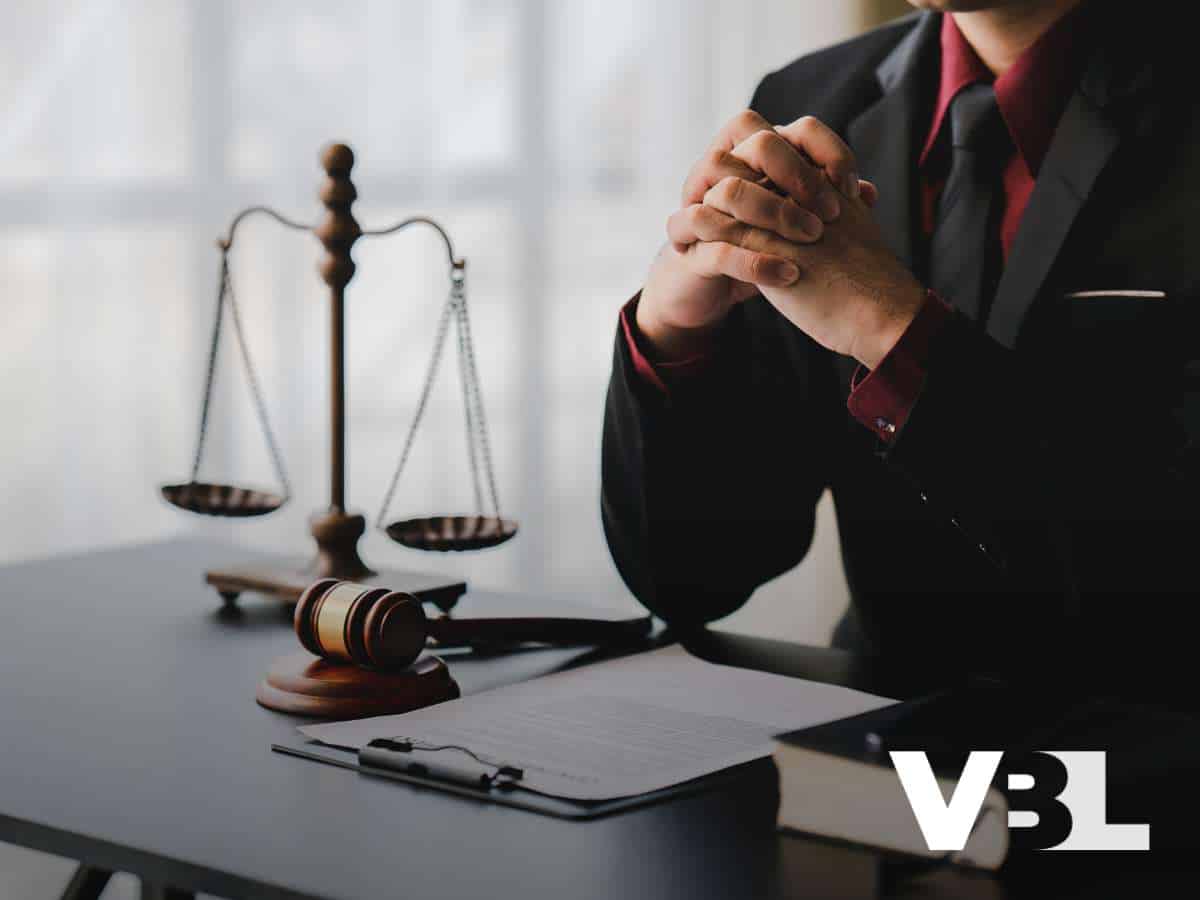
Dismissals In Bankruptcy
The Pierce bankruptcy case was dismissed, but later formally closed as the couple reached payment agreements with their primary creditors. If the Pierces were in negotiation with their creditors, they may have had less concern about collection efforts during the dismissal period. When a bankruptcy case is dismissed, the debtor loses the shield previously provided by the automatic stay. The automatic stay stops creditors from pursuing lawsuits against the debtor, garnishing the debtor’s wages, repossessing the debtor’s assets, and more. These types of actions can be extremely detrimental to a debtor’s situation, especially if they are planning to re-file and renew the protections from the automatic stay. Most bankruptcy debtors can reactivate the automatic stay by refiling their cases after dismissal, but some will be barred from filing again for a certain amount of time. Additionally, chapter 13 debtors can lose the automatic stay protections after 30 days due to multiple filings, also known as an exploding stay.
A bankruptcy case can be dismissed for several reasons. A quality bankruptcy attorney can help a debtor ensure that all of the proper steps for their bankruptcy are completed correctly so that a dismissal doesn’t occur. Some of the reasons a debtor’s case might be dismissed include:
- The debtor failed to complete their first online credit counseling course before filing their bankruptcy petition, or to attach the course completion certificate with their filing
- The debtor failed to complete their second online credit counseling course within 60 days of the 341 Meeting of Creditors, or failed to file the course completion certificate with the court
- The debtor failed to attend their 341 Meeting of Creditors (usually more than once)
- The debtor failed to make payments on their installment plan for their filing fee
- The debtor failed to make their chapter 13 plan payments
- The debtor misstated their income and filed for the wrong chapter of bankruptcy
- The debtor was intentionally dishonest or committed bankruptcy fraud
Do Creditors Get Paid In Bankruptcy?
The Pierce’s bankruptcy filing resulted in a payment plan in the hundreds of thousands of dollars per month. Most bankruptcy creditors will not see that much collection on debts that are part of a bankruptcy estate. In chapter 7 bankruptcy, almost all unsecured non-priority debts are wiped away without any form of repayment. Creditors can attend the 341 Meeting of Creditors to object to their debts being cleared, but most creditors see this effort as a fool’s errand. However, some creditors are successful in their claims, like if the debtor exceeded pre-bankruptcy credit card spending limits or made preferential payments on loans to friends and family members before filing. Here, the payment could be “clawed back” by the bankruptcy trustee, the debtor could be required to pay the amount before the case can proceed, or the debt can be left remaining after the case has been discharged. The debtor will also be left with their secured and priority debts after a chapter 7 bankruptcy discharge.
Chapter 13 bankruptcy works quite differently than chapter 7 bankruptcy, and the point is for creditors to be paid rather than clear the debtor’s obligations altogether. To qualify for chapter 13 bankruptcy, the debtor must have enough disposable monthly income to pay off their bankruptcy fees, secured debts, and priority debts over the course of 3 or 5 years. A case lasts 3 years if the debtor’s household income is below the state median, and 5 years if the debtor earns more than the applicable amount. The debts are also paid in that order, with unsecured non-priority debts only being paid at the end of the plan to the extent that the debtor’s income allows.
Which chapter of bankruptcy you file largely affects whether your creditors are paid in bankruptcy, and your household income is one of the main determining factors of whether you qualify for chapter 7 or chapter 13. It’s crucial to conduct this initial stepping stone of the bankruptcy process correctly, or your entire understanding of how bankruptcy law applies to your situation could be inaccurate. Our dedicated Las Vegas bankruptcy team will guide you through bankruptcy so that your decisions are straightforward and any confusion you may have will be cleared. Learn more about declaring bankruptcy in Las Vegas today with your free consultation by phone at 702-370-0155.
Filing For Bankruptcy In Las Vegas With An Experienced Firm Offering Zero Down Payment Plan Options
If your case gets dismissed, you might not have the resources to keep creditors from pursuing collection efforts while you negotiate a deal. That’s why it’s crucial that if you file for bankruptcy in Las Vegas, your filing is executed as accurately as possible on your first attempt. If you’re seeking a Las Vegas bankruptcy lawyer to take your case from start to finish, know that the process can be more affordable than you might think. Our firm offers free consultations by phone and competitive payment plan options starting at Zero Dollars Down. Learn more today by calling 702-370-0155.

Las Vegas Bankruptcy Lawyers
LAS VEGAS
7251 W Lake Mead BLVD #300
Las Vegas, NV89128
Office: 702-879-2499
Email: [email protected]
HENDERSON
1489 W Warm Springs Rd. Ste 110
Henderson, NV 89014
Email: [email protected]
Additional Information at:
Phoenix Bankruptcy Lawyer
Phoenix DUI Lawyer
Chandler Bankruptcy Lawyer
Vegas Zero Down Bankruptcy Attorney
Gilbert Bankruptcy Lawyers
Arizona Zero Down DUI
AZ Bankruptcy Lawyer





